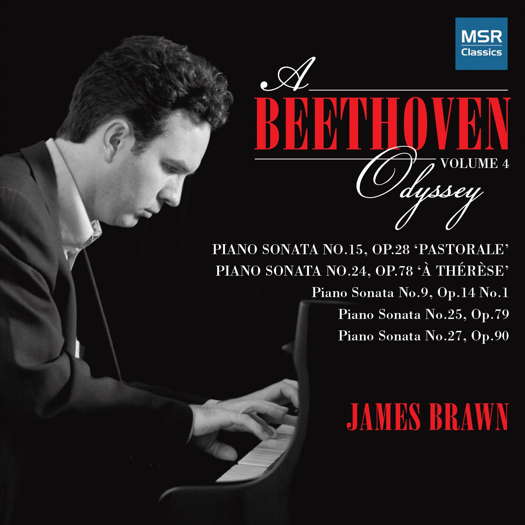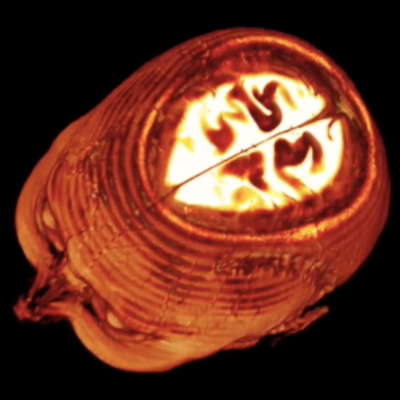- Sir Granville Bantock
- Francisco Caporale
- Sir Henry Wood
- Reger
- Wagner: Tannhäuser
- Cambridge University
- Handel: The King Shall Rejoice
- Cyril Deaconoff: Transformations
 SPONSORED: CD Spotlight. Pure Magic - James Brawn's continued Beethoven Odyssey, awaited by Andrew Schartmann.
SPONSORED: CD Spotlight. Pure Magic - James Brawn's continued Beethoven Odyssey, awaited by Andrew Schartmann.
All sponsored features >>
 DISCUSSION: Composers Daniel Schorno and John Dante Prevedini discuss creativity, innovation and re-invention with Maria Nockin, Mary Mogil, Giuseppe Pennisi and Roderic Dunnett.
DISCUSSION: Composers Daniel Schorno and John Dante Prevedini discuss creativity, innovation and re-invention with Maria Nockin, Mary Mogil, Giuseppe Pennisi and Roderic Dunnett.
William Glock
British music administrator, critic and pianist William Glock was born in London on 3 May 1908. Organ scholar at Gonville and Caius College, Cambridge, piano pupil of Artur Schnabel, music critic for The Daily Telegraph and The Observer, founder of the Dartington Summer School of Music (1948, originally at Bryanston), chairman of the music committee of the Institute of Contemporary Arts (1954-58), Artistic Director of the Bath Festival (1975-84) and Chairman of the London Orchestral Concerts Board (1975-86), Glock is best known as the BBC's Controller of Music (1959-72).
Famous for his sweeping changes at the BBC, Glock was labelled 'Hitler' when he took over the programming of the BBC Symphony Orchestra's public concerts, previously organised by committee. He allegedly maintained a 'black list' of composers refused air time, and is the person most often blamed for the BBC's long-term neglect of certain composers, including Arnold Bax, Aaron Copland, Berthold Goldschmidt, Herbert Howells, Kenneth Leighton, John McCabe, Frank Martin, Bohuslav Martinů, Max Reger, Edmund Rubbra, Franz Schmidt and Karol Szymanowski. He transformed the BBC Proms, though, bringing in foreign musicians and greatly expanding the range of music performed. Glock was made a CBE in 1964, was knighted in 1970, and arguably, had a greater influence on post-war music in the UK than any other person.
William Glock died in Brightwell-cum-Sotwell, Oxfordshire on 28 June 2000, aged ninety-two.
'Whether there was a blacklist, or whether Glock saw what was going to be played and crossed items off, or whether people just knew instinctively what not to submit if they wanted promotion, certain composers vanished from the air waves. One or two came almost to the point of starving.' - Lewis Foreman
'Glock put enormous weight behind a small number of British composers in whose work he passionately believed. And one can't say he was wrong, bearing in mind they included Maxwell Davies, Birtwistle and Maw.' - Nicholas Kenyon

